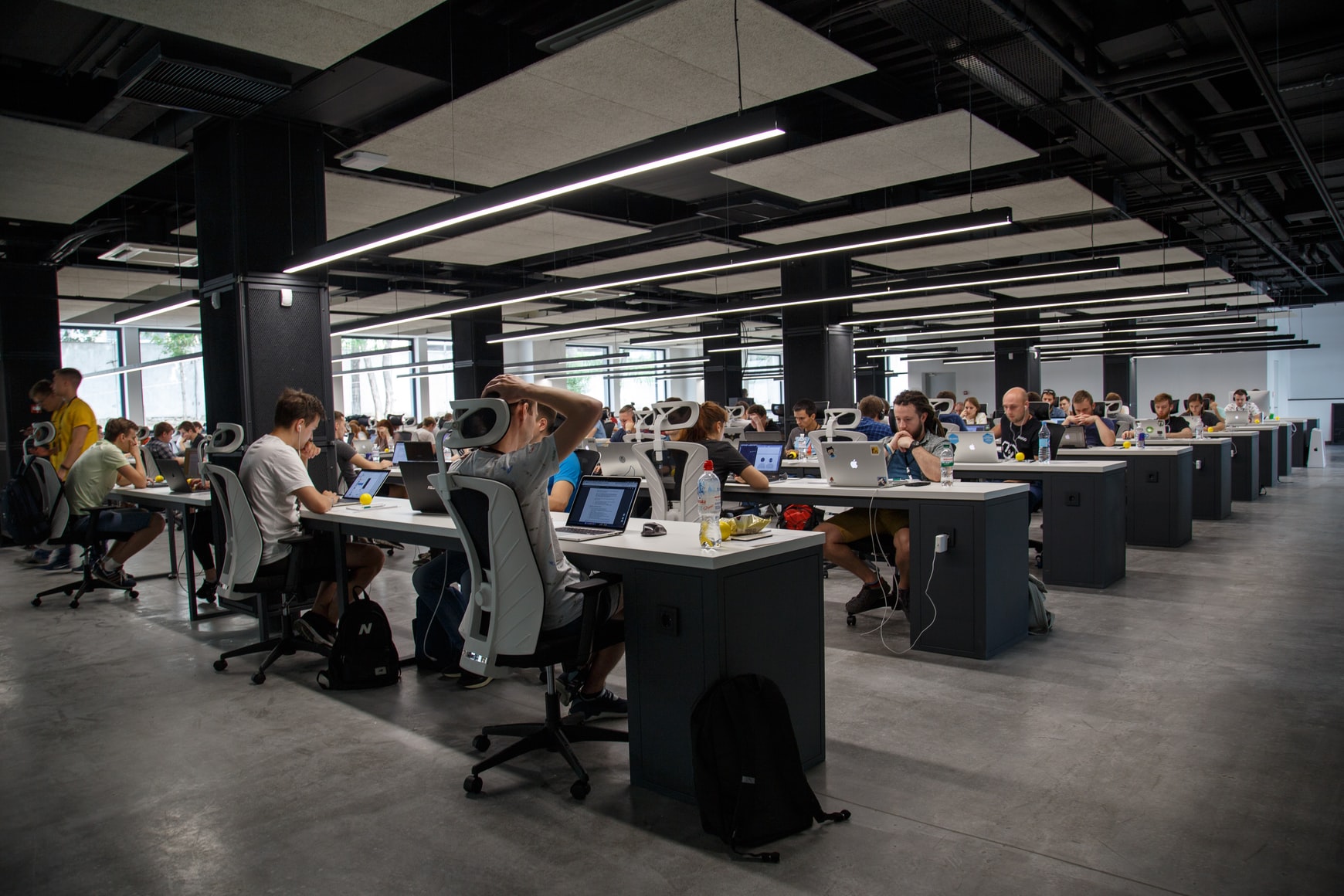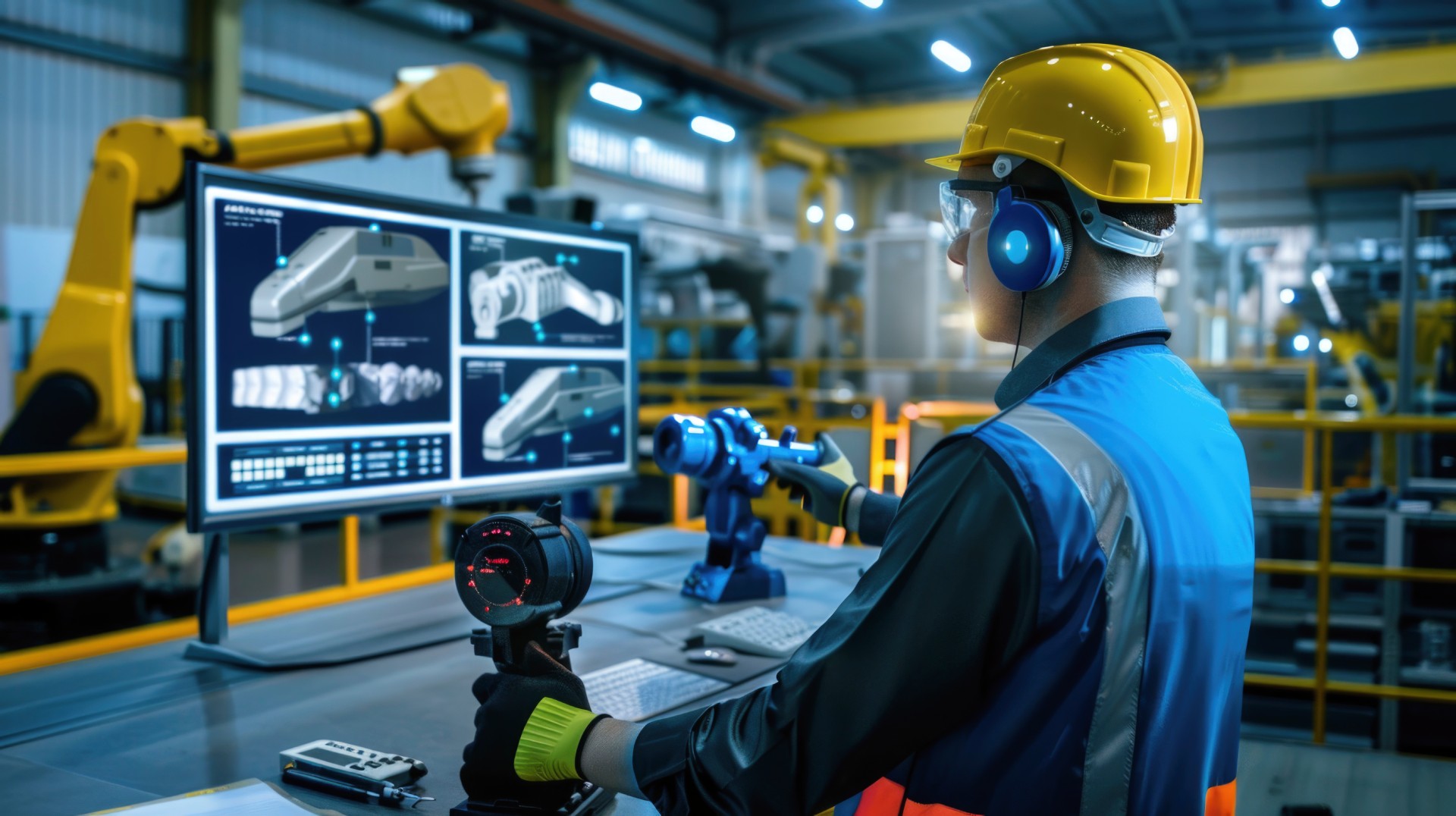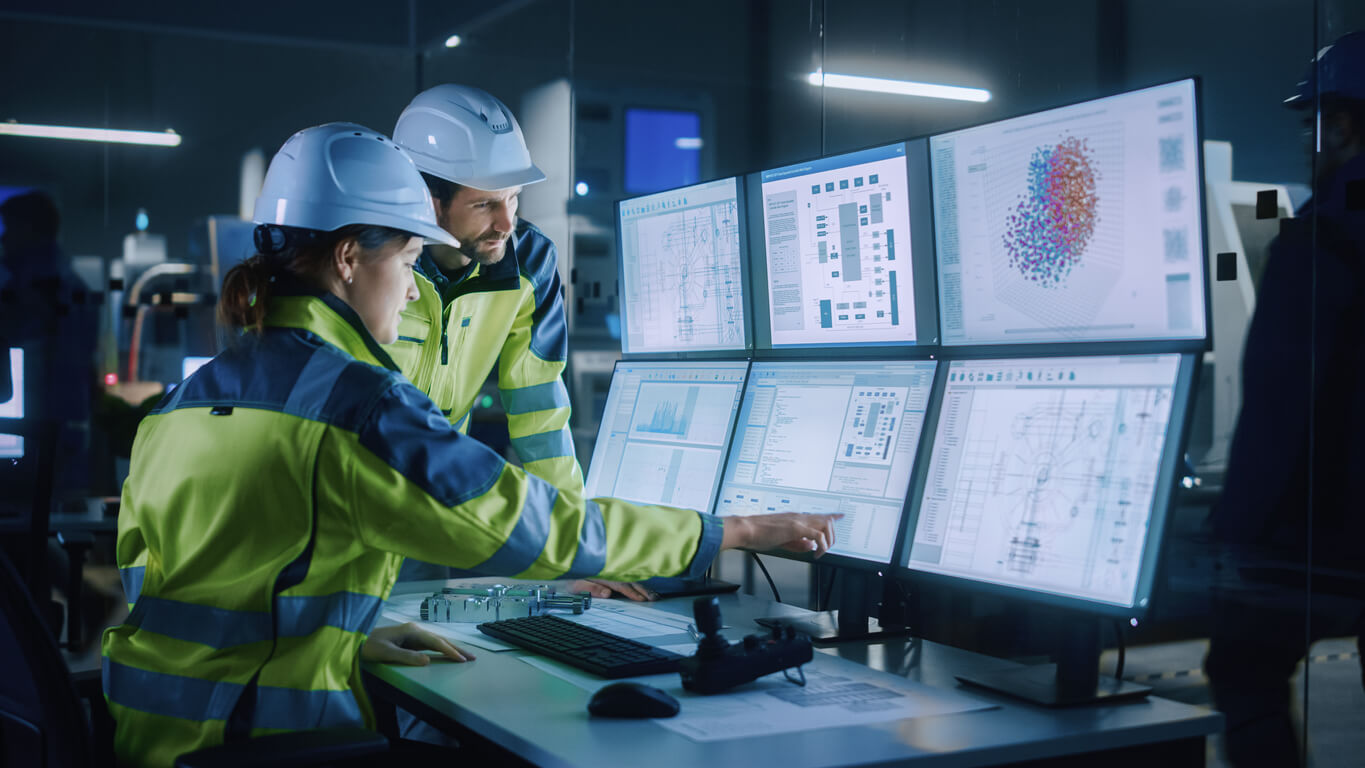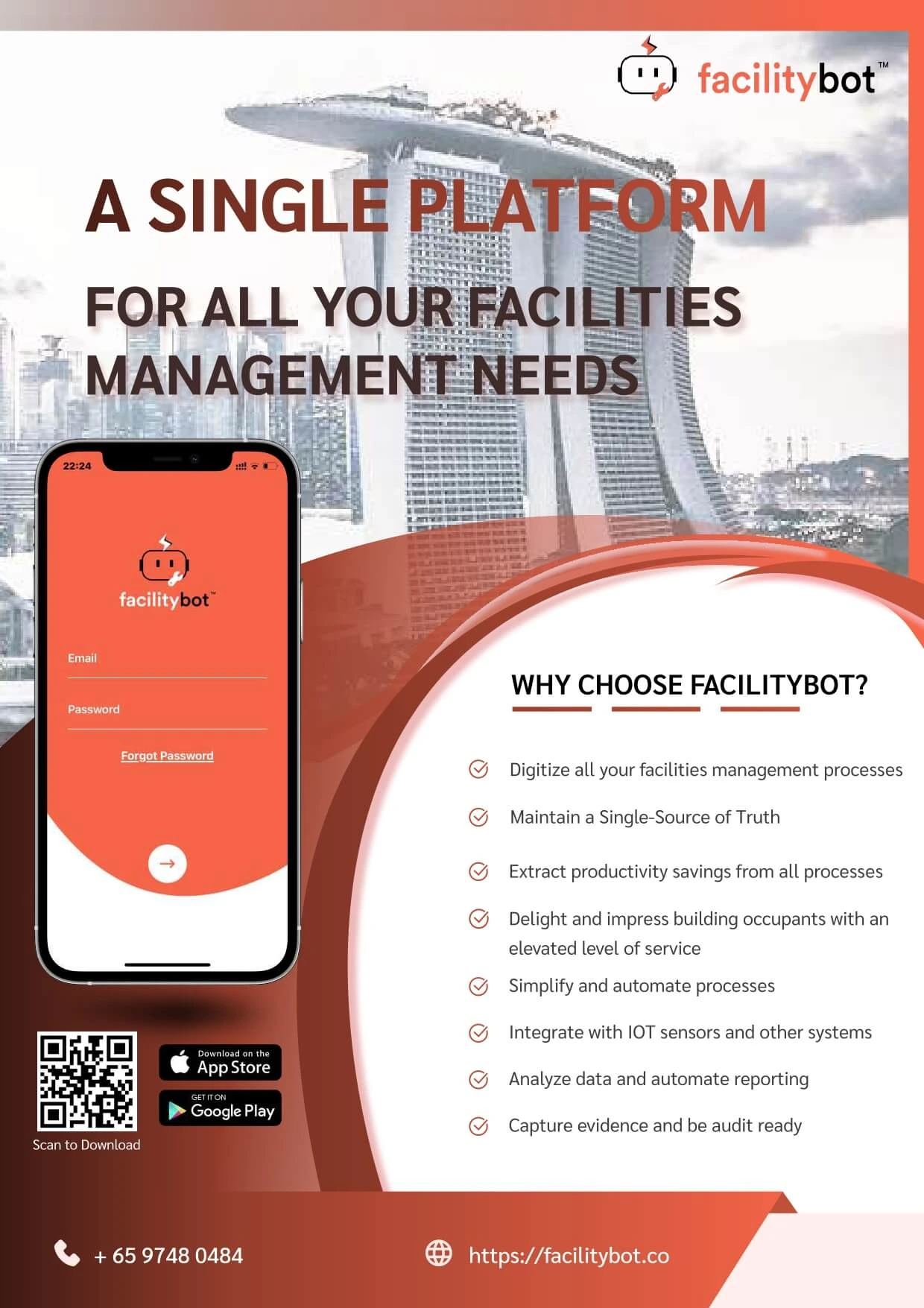After two years of living with the pandemic, hybrid working has become more common, especially in larger organisations. Many employees have become used to and prefer working from home. On the other hand, organisations still see benefits of gathering employees in the office to promote teamwork and collaboration. Hybrid working, where employees work partly from home and partly from the office, allows a healthy balance.
Hybrid working also means that less office space is needed. Organisations have thus also taken the opportunity to save costs by downsizing the rented office space. With fewer desks available for employees, hotdesking has been adopted as a way to support such arrangements. Hot desking means that employees no longer have permanent allocated seats but need to book desks prior to going to the office.
Hot desking turns out to be able to offer additional benefits to the organisation, beyond the significant cost savings that can accrue from downsizing rented office space.
Greater cross team interaction
Permanent desk arrangements tend to encourage employees to only interact with their immediate desk neighbours, often within the same team. A change of desk daily promotes cross-team interactions as employees find themselves seated next to members of different teams each day. Stronger cross-team interactions might support greater innovation brought about by cross-team ideas fertilization.
Most hot desking software also allows the definition of Zones within the office and allocating permissions to only authorized employees to book desks within specific Zones. So, especially in multi-level office arrangements, it is still possible to group team members close to one another if desired.
More collaborative space
The space savings arising from providing fewer permanent desks can be converted into more collaborative spaces. Rest areas, lounge areas, casual work areas, pop-up meeting booths, games areas and food and beverage dining areas have all become more popular in modern offices. The benefits of such areas in promoting innovation and cross-team interactions were already becoming more apparent, perhaps pioneered by silicon valley startups. With hybrid working, and employees coming into the office less frequently, the chances of physical meetups is reduced. More importantly then to make each office experience a collaborative one.
Desk preferences
Without permanent desks, there would no longer be “corner office discrimination”. No employee gets that highly coveted desk with great views on a permanent basis. In a way, as employees book desks on a first-come first-serve basis subject to rules in the hot desking software, there is more democracy in desk allocation.
Arguably, with each employee maximizing their own utility to selecting desks, they would be happier with their choices. Some employees may prefer brighter lighting; others may need a quiet area to concentrate. This flexibility could help to increase employees’ productivity levels.
Deploying a Hot Desking System
Given the increased desk booking complexity, Hot Desking software would typically be needed to implement a hot desking environment. FacilityBot is one such software. FacilityBot adopts a messaging-first approach, so employees can book desks through their preferred messaging platform.
For example, if you are already on Meta Workplace, the FacilityBot hot desking system can be easily integrated with Meta Workplace to provide your employees a seamless experience. There is no easier way to deploy Hotdesking on Workplace by Meta.




